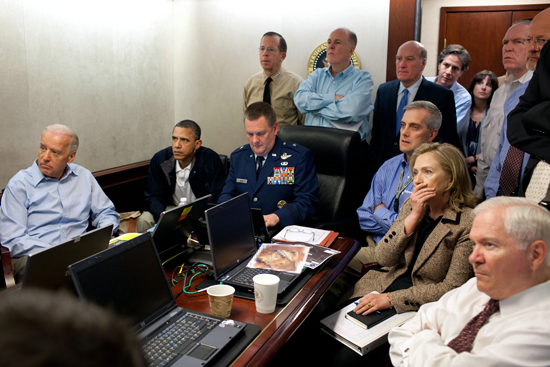Abducting the Future:
Strategic Thought & the Logic of Military and Political Inquiry Instructor: Sam ForsytheProgram: History, Design & Worldmaking, Critical PhilosophyCredit(s): 1Date: January 31, February 7, 21, 28Time: 14:00-16:30 ET

DESCRIPTION: This Seminar will look at the logic of inquiry in the history of strategic thought, exploring the role of abductive inference and anticipatory practices in key discourses of strategic rationality, with the aim of elucidating their significance for military-political logics of the present. From ancient warfare and Renaissance statecraft to modern strategy and global intelligence, throughout history, a key aim of those engaged in political conflict has been to detect, anticipate and shape future events by inferring possibilities, designing plans, and pursuing actions despite danger, chance, and uncertainty. While in classical strategic thinking, the future was something given by fate or fortune, capable of being shaped only by the most skillful and cunning heroes, in modern strategy, the future has increasingly become something that must be predicted, preempted, and controlled through rational inquiry and systematic action. Today, wars and conflicts are not only fought for the present but play out in a hypothetical future as long-range strategic plans, speculative military theories, or conjectural forecasts of intelligence. Through abductive methodologies, the kairos of advantage is increasingly pushed farther into the future, enabling those with the means to exert violent and intellectual power to dominate not only the present world but also the worlds to come.
However, what are the means of discovering and exploiting future opportunities latent in the present? How are signs of hidden danger or future advantage detected, interpreted, or transformed into the design of actions, artifacts, or assemblages? And if the answer is ‘through the means and methods of inquiry,’ the question remains as to how the logic of inquiry fits into the larger scheme of adversarial rationality, which must account not only for chance and uncertainty but for danger, violence, secrecy, and deception, undermining not only the ideals of science but the normative premises of rationality itself.
Adopting a pragmatist perspective based on the philosophical work of Charles Sanders Peirce (1839-1914), the Seminar approaches historical and contemporary problems of strategic rationality from the point of view of pragmatist epistemology and semiotics. Across these four Sessions, we will use Peircean tools to read both major and minor works from the history of strategic thought, finding new and critical ways to read texts on Ancient Greek and Chinese warfare, Early Modern statecraft, Napoleonic and Industrial Age strategy, and present-day practices of military futurology and global intelligence.
Preliminary Readings include:
Session 1: Peirce, Homer, Sun Tzu.
Session 2: Machiavelli, Hobbes.
Session 3: Clausewitz, Liddell Hart.
Session 4: John Boyd, Doctrinal texts from US Joint Command & Central Intelligence Agency.
IMAGE: White House Situation Room for the Capture of Osama Bin Laden, 2011
To see The New Centre Refund Policy CLICK HERE.
To see The New Centre Refund Policy CLICK HERE.